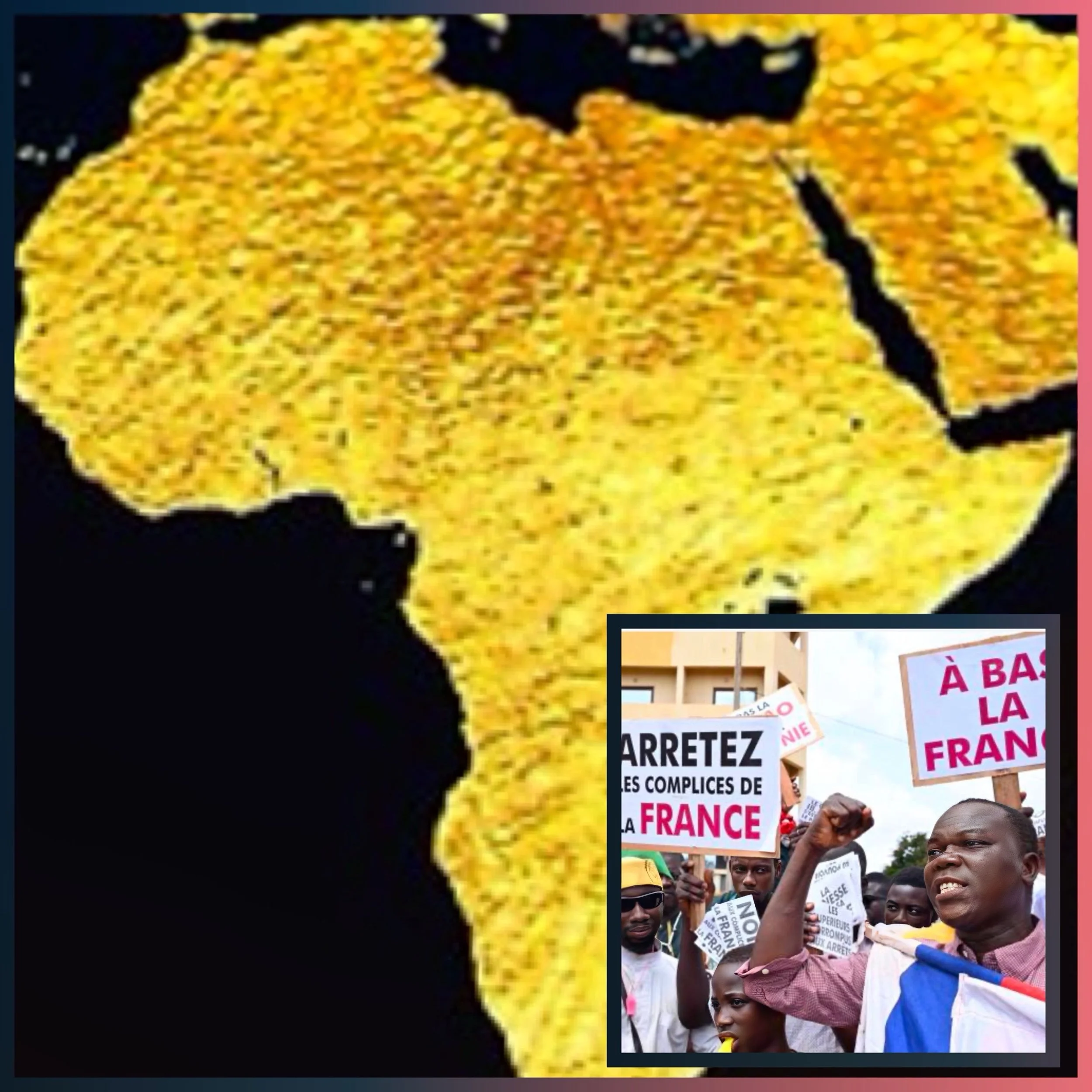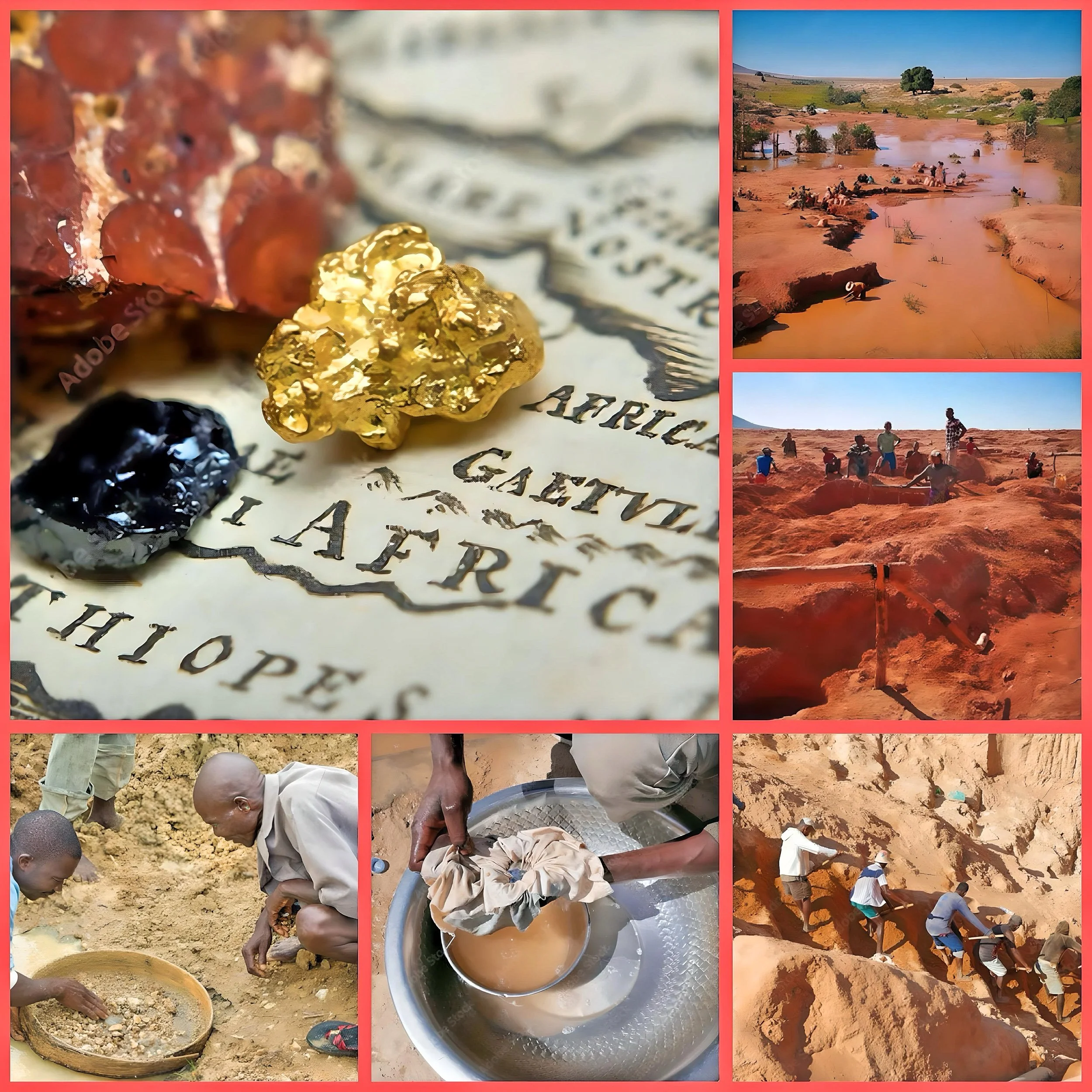What strategies have African nations employed to protect their natural resources
Introduction
African nations have employed various strategies to protect their natural resources, recognizing their importance for economic development, biodiversity conservation, and sustainable livelihoods. Some key approaches include:
Protected Areas and Conservation Initiatives
African countries have significantly expanded their networks of protected areas to safeguard biodiversity and ecosystems:
The Pan-African Action Agenda on Ecosystem Restoration aims to implement ambitious restoration initiatives across the continent.
Many nations participate in regional conservation efforts like the Great Green Wall Initiative and the African Forest Landscape Restoration Initiative (AFR100).
Countries have established new protected areas and worked to improve management of existing ones.
Policy and Governance Reforms
Several governance and policy measures have been implemented:
Development of National Environmental Action Plans (NEAPs) to guide conservation efforts.
Creation of inter-governmental mechanisms like the Conference of Ministers of Central African Forests (COMIFAC) to address transboundary resource management.
Implementation of community-based natural resource management approaches, shifting away from strict “fortress conservation” models.
Sustainable Resource Management
African nations are working to balance resource use with conservation
Adoption of sustainable land management practices to combat soil erosion and land degradation.
Implementation of sustainable fishing practices and fisheries management plans in key ecosystems.
Development of water management strategies, including integrated watershed management approaches.
International Cooperation and Partnerships
Collaboration with international partners has been crucial
Engagement with organizations like UNEP to translate conservation decisions into practical actions.
Participation in global initiatives like the UN Convention on Biological Diversity.
Cooperation with development partners to strengthen natural resource governance and management capacity.
Economic Approaches
Some nations are exploring economic strategies to support conservation:
Development of nature-based tourism to create economic incentives for conservation.
Exploration of payment for ecosystem services models.
Efforts to integrate natural capital accounting into national economic planning.
Addressing Wildlife Crime
Combating illegal exploitation of resources is a priority
Implementation of anti-poaching measures and strengthening wildlife law enforcement.
Regional cooperation to address transboundary wildlife trafficking.
Conclusion
While these strategies demonstrate significant efforts to protect Africa’s natural resources, many challenges remain. Issues such as population growth, poverty, climate change, and resource conflicts continue to put pressure on the continent’s ecosystems.
Ongoing efforts are needed to strengthen implementation, address funding gaps, and ensure that conservation strategies align with broader development goals.






